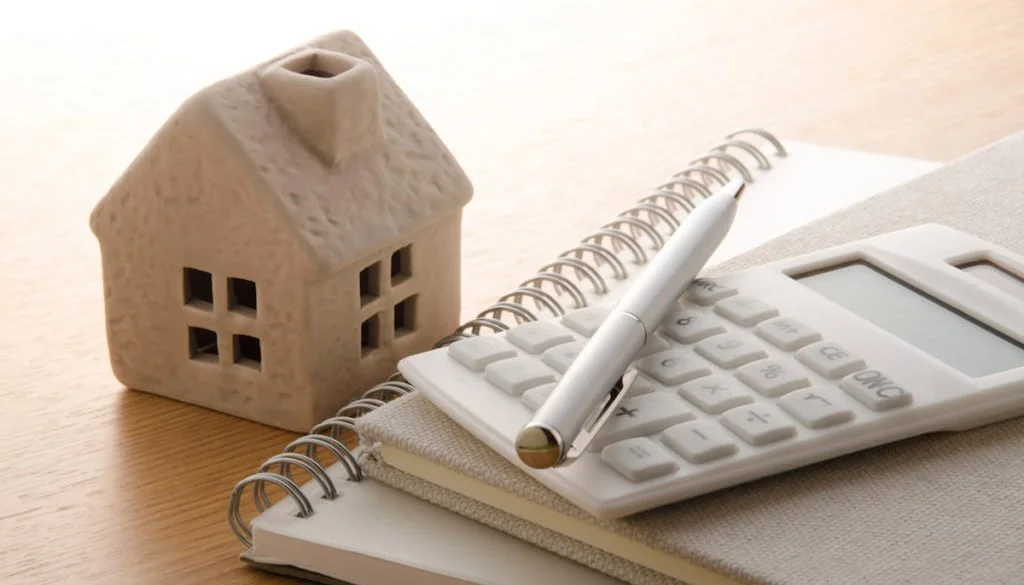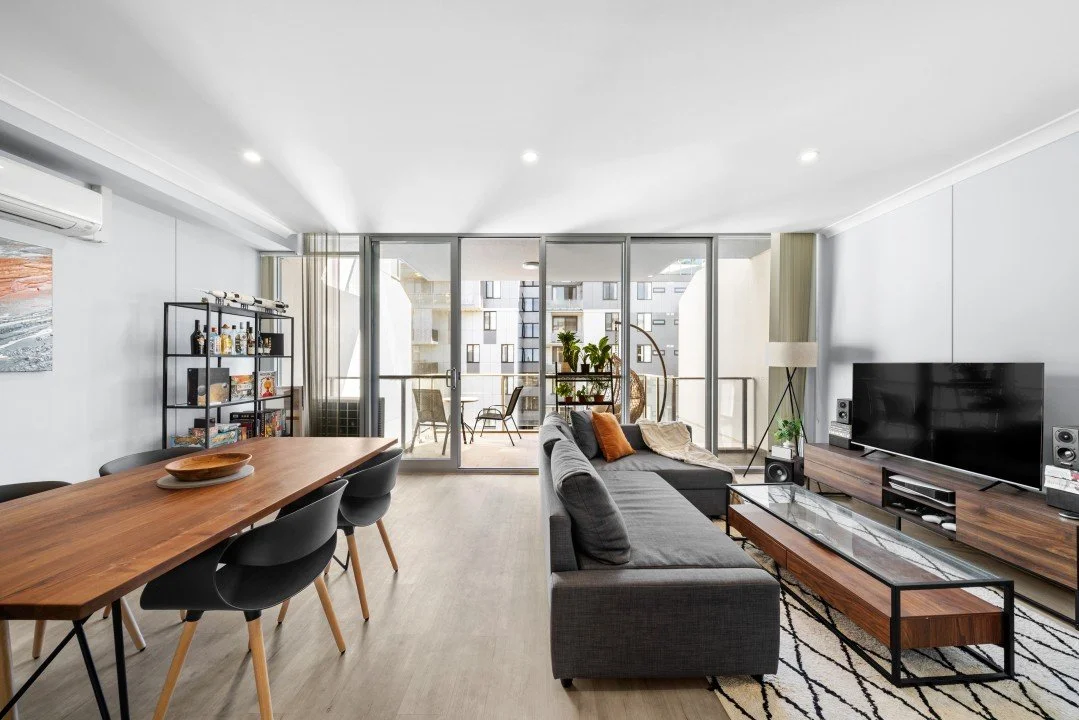Looming loan restrictions could mean a shift in property prices
/With demand greatly outweighing supply, houses are selling well over reserve at auction and recent COVID-19 restrictions have affected property sellers’ willingness to go to market.
While this property boom strengthens some sectors of the economy, there are numerous economic implications. With houses skyrocketing in price, Australians yet to enter the market are seeing their chances of buying a property grow slimmer.
However, there is still high activity in the market for those with the capital to spare. But with higher prices comes higher property loans, as Australians are borrowing more in order to secure a property. Around 22% of all borrowers are now taking out loans that are six times larger than their annual income.
Read More











Loanscape has today released its Borrowing Capacity Index for Q4/2024. It confirms the forecast trend that borrowing capacities of Australian individuals and families are recovering from their low levels which coincided with the last of the recent increases to borrowing rates initiated by the Reserve Bank of Australia.